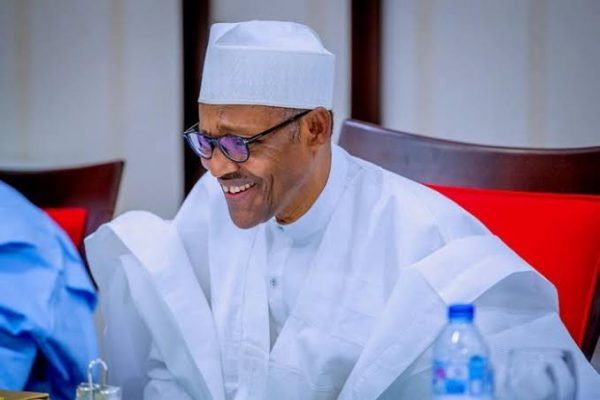On Thursday, September 11, the Presidential Elections Petitions Tribunal (PEPT) sitting at the Court of Appeal premises in Abuja gave its verdict on the February 23 presidential elections where Alhaji Atiku Abubakar of the People’s Democratic Party (PDP) had asked that the election of President Muhammadu Buhari of the All Progressives Congress (APC) be set aside. The petition proceedings which began in May was keenly followed by the media and the public and it grew into one of the most suspenseful presidential elections petitions in Nigeria’s 4th Republic.
The much-awaited verdict itself turned out to be what the PDP dreaded all along when they instigated a campaign to pressure the President of the Court of Appeal, Justice Zainab Bulkachuwa, who also originally presided over the PEPT, to step down for fears that she might be conflicted in the proceedings. The PDP breathed a sigh of relief on May 22 when Bulkachuwa finally recused herself and appointed Justice Mohammed Garba, to take charge of the PEPT from June until the judgment was delivered in September.
On the D-day, at the venue which was packed with lawyers, politicians, and sympathizers alike, the tribunal panel held that Buhari was “eminently qualified” to contest the disrupted election despite the petitioners presenting evidence that there were inconsistencies in the certificates and results statement presented by Buhari to INEC, at different times. The panel also ruled that there was no evidence provable beyond a reasonable doubt that the results of the election were collated electronically as the PDP alleged. The Garba-led verdict also struck out the contest of the result count of the 11 focal states of Borno, Gombe, Jigawa, Kaduna, Kano, Katsina, Kebbi, Niger, Yobe and Zamfara which the petitioners claimed was wrought with all sort of malpractices and inconsistencies.
That the PDP and Atiku could not succeed with any of the grounds which the petition stood upon implies either that the claims were totally baseless or the court was utterly biased against the petition. Reading the judgment felt to some like the law was being stretched intentionally to satisfy a preconceived notion of throwing out Atiku’s petition in its entirety.
After striking out most of the grounds of the petition brought against Buhari such as Justice Garba read out the final part of the judgment;
In the final result, and I have come to the conclusion which is inevitable and unavoidable, … This petition is accordingly and hereby dismissed in its entirety.
In June, when the European Union Election Observation Mission (EU EOM) in Nigeria released their report stating that the February/March 2019 presidential, governorship, federal and state parliamentary elections were characterized by systemic failures, among other several other malpractices on record, many were jittery that it could positively or negatively impact the outcome of the PEPT and set the mood for the judgment as it was the only independent consideration of the entire elections.
The PDP has, however, revealed that it will be trying out its hands on appealing the judgment at the Supreme Court perchance justice might prevail for them at the apex court. One of the counsels to Atiku and PDP, Mike Ozekhome (SAN), did not miss registering his exasperation with the defeating judgment:
Poor evaluation of evidence, non-evaluation of evidence, misplacement of exactly what the case of the petitioners is.”
– Mike Ozekhome (SAN)
Chances are that the Supreme Court’s decision may not be different from what Justice Garba and his panel has delivered – especially with the reshuffling which President Buhari forced on the Supreme Court earlier in the year when Justice Walter Onnoghen was made to bow out and Justice Tanko Mohammed sworn in as the new Chief Justice of Nigeria.
was made to bow out and Justice Tanko Mohammed sworn in as the new Chief Justice of Nigeria.
And it is at times like this that some ordinary citizen may decide that it is time-wasting to consider going to court seeking redress on contentious matters, if the grounds for the pronouncement of judgment is only going to be academic, while the substance of the surrounding evidence in a contested matter is not intricately examined by the jury.
Featured image source: PM News


